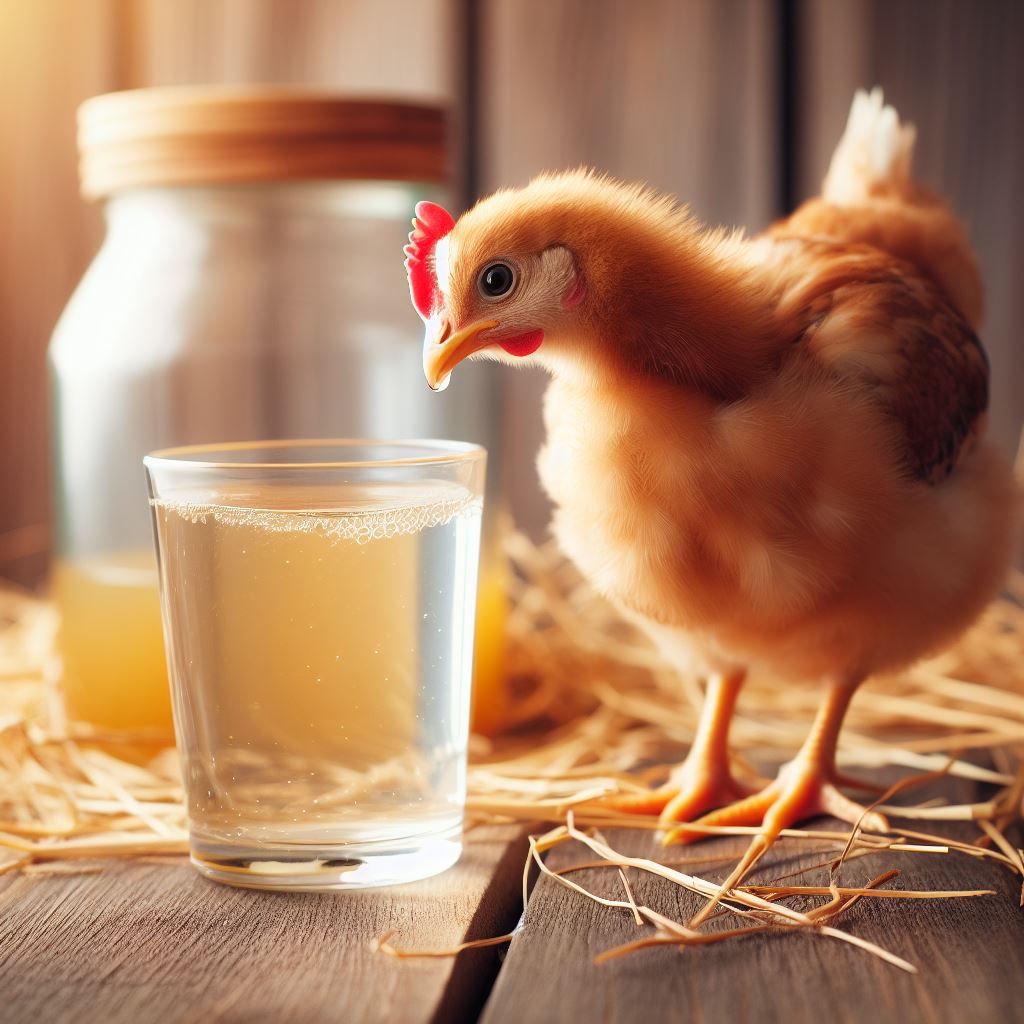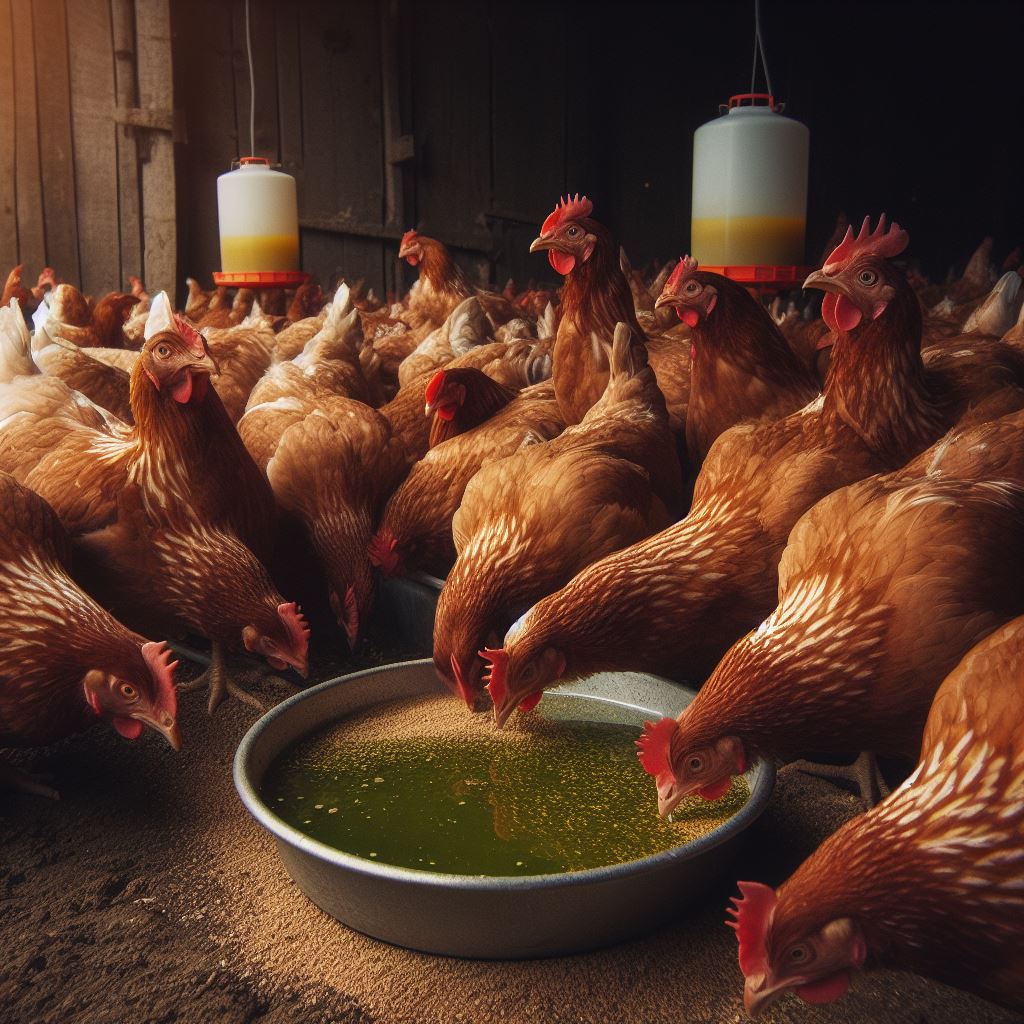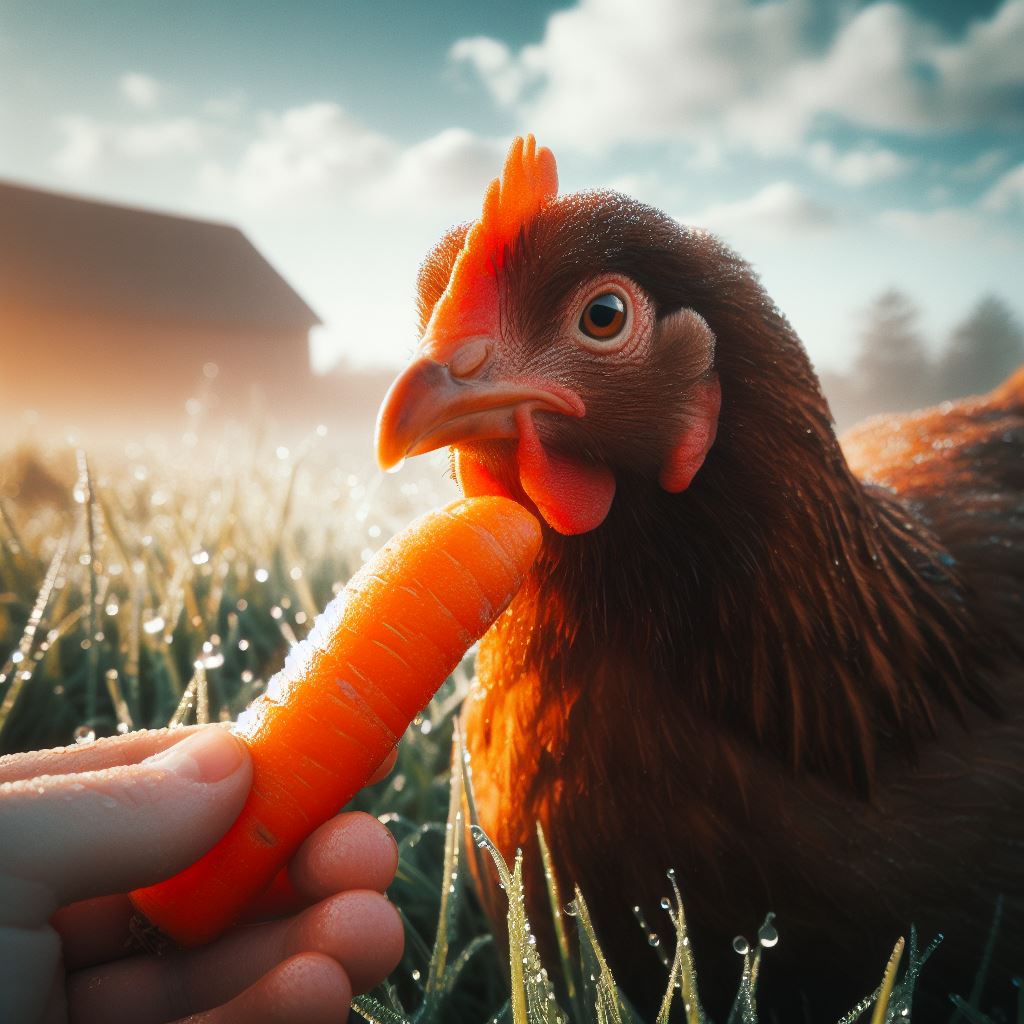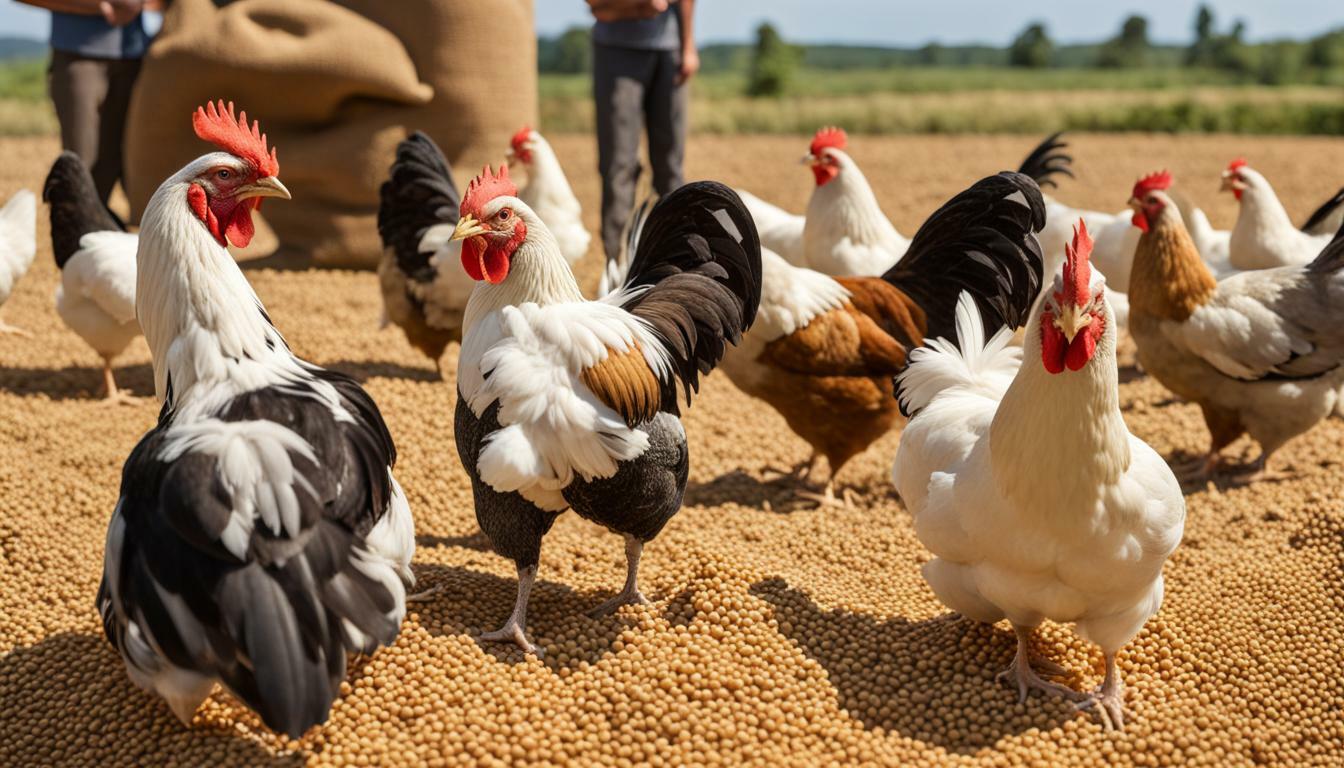How Often To Give Chickens Apple Cider Vinegar?

Table of content:
Apple cider vinegar (ACV) offers numerous health benefits for chickens. When administered correctly, it can boost your flock’s overall wellbeing. This comprehensive guide will teach you everything you need to know about using ACV as an occasional treat for your feathered friends.
Apple cider vinegar has long been used as a health tonic for humans. More recently, chicken owners have also discovered the many advantages of adding small amounts of ACV to their birds’ diet or water supply.
What are the benefits of apple cider vinegar for chickens?
- Improves gut health and digestion
- Supports immune system
- Increases absorption of calcium for strong eggshells
- Aids in moult by improving feather quality
- Helps maintain healthy respiratory systems
This natural supplement made from fermented apples contains enzymes, minerals, and acids that contribute to your flock’s overall wellness. The key is understanding the proper dosage and frequency for administering ACV safely.
 Dosage and Frequency
Dosage and Frequency
Most experts recommend providing chickens with 1 teaspoon (5 ml) of organic, unfiltered apple cider vinegar per 1 gallon of drinking water. This equates to roughly 1 ml per chicken daily.
However, recommendations vary slightly:
- 1-2 tablespoons (15-30 ml) ACV per gallon of water
- 1 teaspoon (5 ml) per 1-2 gallons of water
- 1 tablespoon (15 ml) per 3-4 chickens
The most commonly suggested amount is 1 ml per chicken daily. This dosage can be adjusted based on the size and age of your birds. Growers and chicks may benefit from a lower dosage.
How often should you give ACV to chickens?
- Adult chickens: 1 week per month
- Chicks & growers: Provide ACV continuously to support immunity against coccidiosis
- During high stress times: Introducing new chickens, annual molt
Dilution Ratio
Mix apple cider vinegar into your flock’s drinking water at a 2% dilution rate. This equals approximately 20 ml ACV per liter of water.
For simplicity, use the following ratio:
1 tablespoon (15 ml) ACV per 1 gallon of water
| Vinegar | Water |
|---|---|
| 1 tablespoon | 1 gallon |
Other Benefits of ACV
Prevents water from freezing during winter. The acetic acid in ACV lowers the freezing point, helping prevent ice buildup in chickens’ waterers.
Supports chickens during times of stress, like introducing new flock members or the annual molt. Acetic acid and probiotics in ACV promote gut health.
Natural supplement. Made from fermented apple juice, ACV offers health benefits without chemicals. It’s a frugal option for boosting wellness.
Frequently Asked Questions
What are the main benefits of apple cider vinegar for chickens?
The main benefits of ACV for chickens are improved gut health and digestion, stronger immune systems, better absorption of calcium for egg shells, and increased feather quality. It’s a natural supplement that supports overall wellness.
Is apple cider vinegar safe for baby chicks?
Yes, apple cider vinegar is safe for chicks when used correctly. Provide a weaker dilution of 1 teaspoon ACV per 2-3 gallons of water. The probiotics will help chicks develop healthy gut flora and boost immunity against coccidiosis.
When is the best time to give chickens apple cider vinegar?
It’s best to give ACV during high stress periods like introducing new flock members, during the annual molt, or over winter. Weekly ACV supplements support digestion and immunity at influential times in a chicken’s life.
Can I put ACV in my chickens’ food or water?
You can add ACV to either food or water. Adding it to drinking water ensures a consistent daily dose. Mixing it into feed a few times a week provides variation. Some chickens dislike the taste, so provide free-choice water without ACV as well.
How much apple cider vinegar should I give my chickens?
The standard dosage is 1 teaspoon (5 mL) of ACV per gallon of water, or 1 mL per chicken daily. Adjust this based on chicken size and age. Always start with a low dosage and increase slowly while monitoring your flock’s health.
Conclusion
Apple cider vinegar is a safe, natural way to support your flock’s health. When used properly, this frugal supplement provides enzymes, minerals, and probiotics without chemicals.
Most experts recommend 1 ml per chicken daily, mixed into drinking water. Adult chickens benefit from ACV 1 week per month. Continuous use helps chicks and growers. Adjust dosage based on chicken size and age.
By understanding proper ACV dosage and frequency, chicken owners can help promote their flock’s digestion, immunity, and feather health. This versatile supplement has many benefits when used occasionally as part of a balanced diet.
Welcome. I’m Adreena Shanum, the proud owner of this website, and I am incredibly passionate about animals, especially poultry. I founded adreenapets.com as a labor of love, stemming from my desire to share my knowledge and experiences with poultry enthusiasts worldwide.




